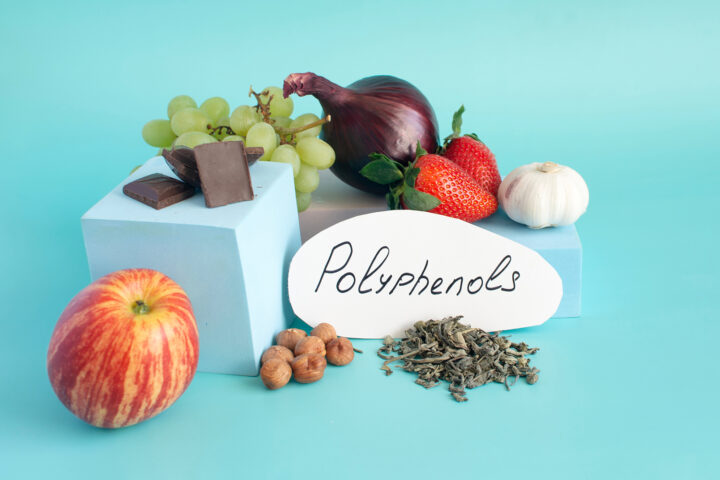What is Whey Protein Powder?
Whey protein powder, for many, is synonymous with gym culture and muscle growth. But what exactly is it? Originating from milk, whey is the liquid remaining after milk has been curdled and strained. This byproduct of the cheese-making process is then processed to become whey protein powder. Packed with essential amino acids, it is rapidly absorbed by the body, making it a favorite among fitness enthusiasts and athletes.
What are the Benefits of Adding Whey Protein Powder to Your Diet?
Incorporating whey protein powder into your diet can have many benefits. First and foremost, it serves as an efficient protein source, essential for muscle growth and repair. This is particularly beneficial for those who engage in strenuous workouts as it can boost muscle recovery. Additionally, studies have shown that whey protein may aid in weight loss by reducing appetite and increasing feelings of fullness. Its high content of leucine, a growth-promoting amino acid, can boost fat burning by the body.
Whey Protein Powder vs Plant-Based Protein Powders
With the rise of vegetarian and vegan diets, plant-based protein powders have become increasingly popular. How do they compare to whey protein? In terms of protein content, whey often has an edge, but plant-based proteins like pea, hemp, and brown rice are packed with their own unique benefits, such as fibers and specific vitamins. However, one common critique of plant-based protein powders is that they often don’t offer a complete amino acid profile, the building blocks of protein and muscle. Put simply, whey protein provides your body with all of the amino acids needed to start making muscle. While many plant-based proteins offer some or most of the amino acids needed to build muscle, they often need to be complimented by other foods to provide the missing amino acids. This isn’t to say they’re inferior; it simply means those relying solely on plant-based proteins should ensure a varied diet to get all essential amino acids.
Remember to Eat Real Foods
While protein powders, whey included, offer convenience and efficiency, it’s important to keep in mind that whole foods should form the foundation of any balanced diet. Whole foods provide a myriad of nutrients often not found in processed supplements – vitamins, minerals, antioxidants, and other compounds beneficial for health. Relying solely on supplements can create a nutritional imbalance and potentially deprive the body of other essential nutrients found naturally in whole foods. Think of whey protein and other supplements as complementary to a diet rich in real, whole foods.
Protein and Aging
As we age, our protein requirements can shift. Muscle mass naturally declines with age, a phenomenon known as sarcopenia. This loss can lead to weakness, frailty, and a reduced quality of life. Increasing protein intake, combined with resistance exercise, can help combat these age-related changes. Whey protein, in particular, can be a beneficial addition for older adults, given its high-quality amino acid profile and ease of digestion.
Conclusion
Whey protein powder, with its rich amino acid profile and numerous health benefits, has rightly earned its place in the pantheon of health supplements. I’ve been using whey protein powder for years as a way of sneaking extra protein into my diet. Lately, I have been using 100% Whey Protein Powder by Muscle Milk. I like to purchase the vanilla flavored powder and add it to fruit smoothies after a workout.
While whey protein powder offers many advantages, particularly for muscle growth, recovery, and potential age-related benefits, it’s vital to use it as a complement to a balanced diet of whole foods. Whether you’re comparing it with plant-based alternatives or considering it as a dietary addition, remember that variety, balance, and moderation are key to any healthy nutrition strategy.
References
- West DWD, Abou Sawan S, Mazzulla M, Williamson E, Moore DR. Whey Protein Supplementation Enhances Whole Body Protein Metabolism and Performance Recovery after Resistance Exercise: A Double-Blind Crossover Study. Nutrients. 2017;9(7):735. Published 2017 Jul 11. doi:10.3390/nu9070735
- Tunick, M.H. 2008. Whey Protein Production and Utilization. In: Onwulata, C.I., Huth, P.J., editors. Whey Processing, Functionality and Health Benefits. Ames, IA: Blackwell Publishing and IFT Press. p. 169-184.
- Frestedt JL, Zenk JL, Kuskowski MA, Ward LS, Bastian ED. A whey-protein supplement increases fat loss and spares lean muscle in obese subjects: a randomized human clinical study. Nutr Metab (Lond). 2008;5:8. Published 2008 Mar 27. doi:10.1186/1743-7075-5-8
- Layman DK. The role of leucine in weight loss diets and glucose homeostasis. J Nutr. 2003 Jan;133(1):261S-267S. doi: 10.1093/jn/133.1.261S. PMID: 12514305.
- Berrazaga I, Micard V, Gueugneau M, Walrand S. The Role of the Anabolic Properties of Plant- versus Animal-Based Protein Sources in Supporting Muscle Mass Maintenance: A Critical Review. Nutrients. 2019;11(8):1825. Published 2019 Aug 7. doi:10.3390/nu11081825
- Baum JI, Kim IY, Wolfe RR. Protein Consumption and the Elderly: What Is the Optimal Level of Intake?. Nutrients. 2016;8(6):359. Published 2016 Jun 8. doi:10.3390/nu8060359
- Jang YJ. The Effects of Protein and Supplements on Sarcopenia in Human Clinical Studies: How Older Adults Should Consume Protein and Supplements. J Microbiol Biotechnol. 2023;33(2):143-150. doi:10.4014/jmb.2210.10014










